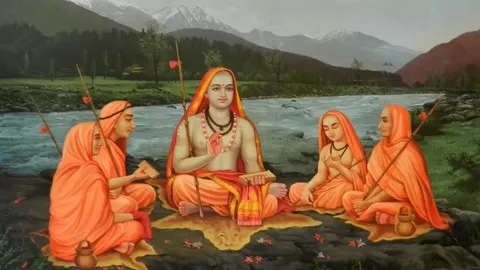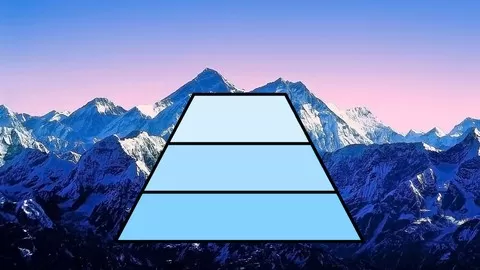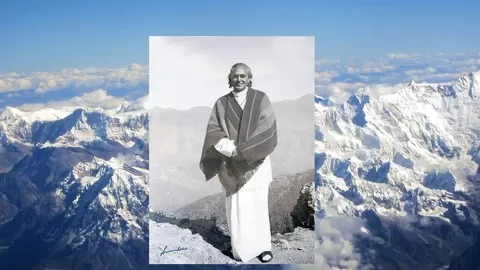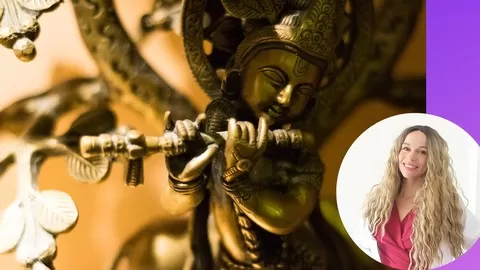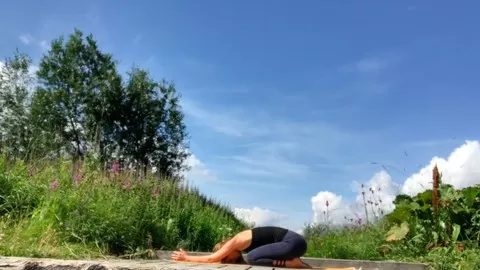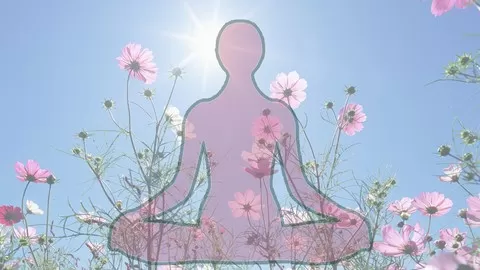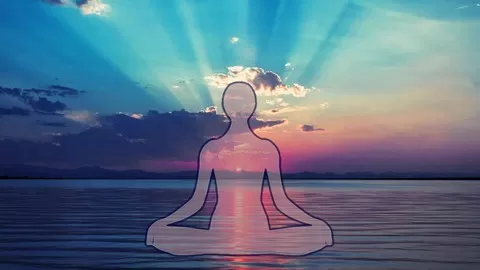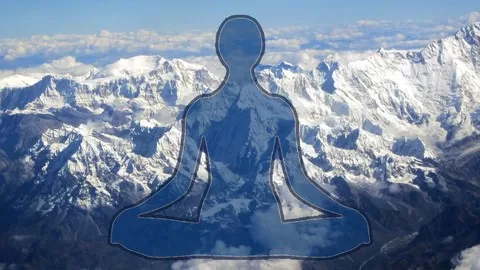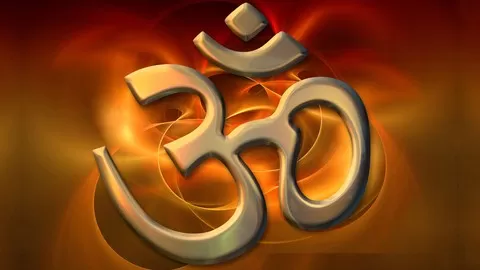YOGA is a WHOLE LIFE process. Although each of our courses has an individual emphasis, they go hand-in-hand with the others as one process of Yoga. We presently have 11 online courses published through Udemy. Swami Jnaneshvara is the presenter, and the language is English.
Abhyasa Ashram is a place of the heart rather than a physical place. It has the feel of an internal monastery and yoga meditation center, which practices universal meditation and contemplation as taught by the ancient tradition of yogis of the cave monasteries of the Himalayas, especially as transmitted through the lineage of Swami Rama. The tradition has no name, and is not affiliated with any of the institutions or religions of the plains of India or other countries surrounding the Himalayas, although individual meditators may personally align themselves with a wide variety of religions or institutions. We may refer to the tradition as “the tradition of the Himalayan masters” or “the Himalayan tradition”, but that is for the sake of convenience, and is not a style or brand name as is popular these days.
Our methods of meditation and contemplation involve systematic awareness of all levels of our being, including actions/senses, body, breath, mind, finally resting in the awareness of the Self (atman) which is one with the universal Self (brahman). Our approach is that of aspirant training, not teacher training. Our approach to training is mostly individual or group coaching, as Yoga meditation and contemplation has been traditionally taught for thousands of years. Aspirants with various degrees of experience naturally teach others within the context of their own lives and modes of service.
From the perspective of our meditation tradition, each person is perfect, pure consciousness (atman, purusha, shakti) at the core of her or his being. The entire process of yoga sadhana (meditation and contemplation practices) is to reduce the colorings of attractions, aversions, and fears that usually veil that realization (often called Self-realization). This is done by systematically receding inward through senses, body, breath, conscious and unconscious mind. The final barrier is removed through a transmission of grace, which is known as shaktipata, the bestowing of the pure consciousness of shakti. It is also known as guru kripa, grace of guru. In our tradition guru is a force field of consciousness, and is not any person, although that grace of guru can flow through a person.
At Abhyasa Ashram the word “Yoga” is used in its traditional meaning, rather than the revisionist meaning of Yoga as merely a gymnastic or physical fitness program. Yoga means “union” of the individual consciousness and universal consciousness, Atman and Brahman, Jivatman and Paramatman, as well as Shiva and Shakti. It is pure consciousness (Purusha) standing alone from primal manifestation (Prakriti).
Yoga is traditionally taught, practiced and learned through close relationships in a community of noble friends, known as kalyana-mitra. Guru is a stream of knowledge of direct experience which, though it may operate through a person, is itself not a person. While some participants in ashram activities have a theistic (god) orientation and others a non-theistic orientation, we virtually all intuit that there is only one, nondual (advaita), absolute reality even though it may appear to be dualistic.
Our purpose is to share with people who have an interest in the principles and practices of the Himalayan masters, including traditional Yoga Meditation, Vedanta, and internal, meditative Tantra. Our community of meditation and contemplation is devoted to serving those who deeply long for the direct experience of union with the eternal, pure center of consciousness, the bliss of being that is one with the absolute reality, as the wave who seeks to remember it is one with the ocean. One word for that union is “Yoga.”
The word “Abhyasa” means “practices.” Abhyasa is purposefully choosing to do that which leads to “sthitau,” which is a stable, steady, undisturbed inner calmness or tranquility. Abhyasa is one of the twin foundations of Yoga, along with Vairagya, the mental stance of non-attachment (Yoga Sutras 1.12-1.16). The root of the word Ashram is “shrama,” which means “effort” or “striving.” The hermitage, home, or training center of a swami or other person serving people in their efforts towards inner peace and awakening of consciousness is often called an Ashram. Thus, our community of meditation, contemplation and learning is known as Abhyasa Ashram. More than any physical location, it is really a place of the heart, an inner sanctuary of silence. Thus, the ideal ashram is your own home.
In loving Service,
Swami Jnaneshvara (Swamiji, Swami J, Baba)
